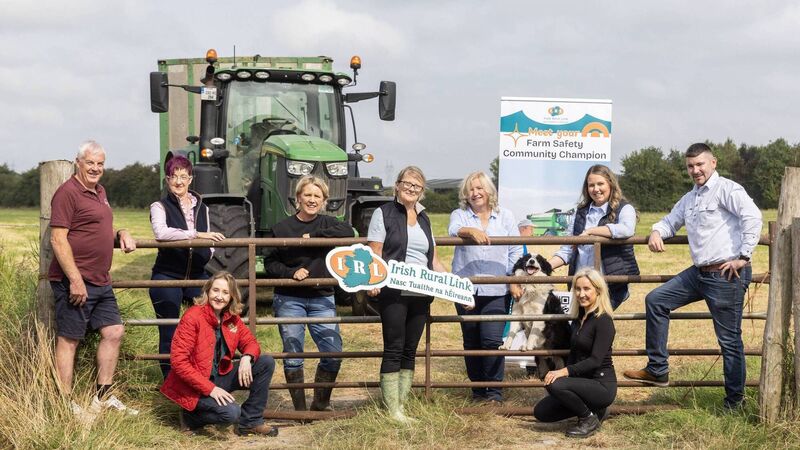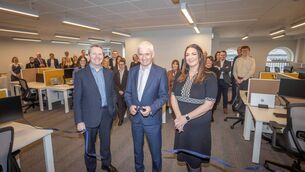Pensions at heart of efforts to close gender gap

Irish Rural Link promotes farm safety; the group is also a champion of pensions gender balance.
In America, they’re known as the ‘flyover’ states. You can look down on them for much of the journey if you travel by aeroplane from the crowded eastern cities to anywhere on the West Coast.
Sparsely populated, their shared characteristics include an economic dependency on agriculture and a geographic separation from the lucrative income opportunities of the industrial, financial and political power centres.








